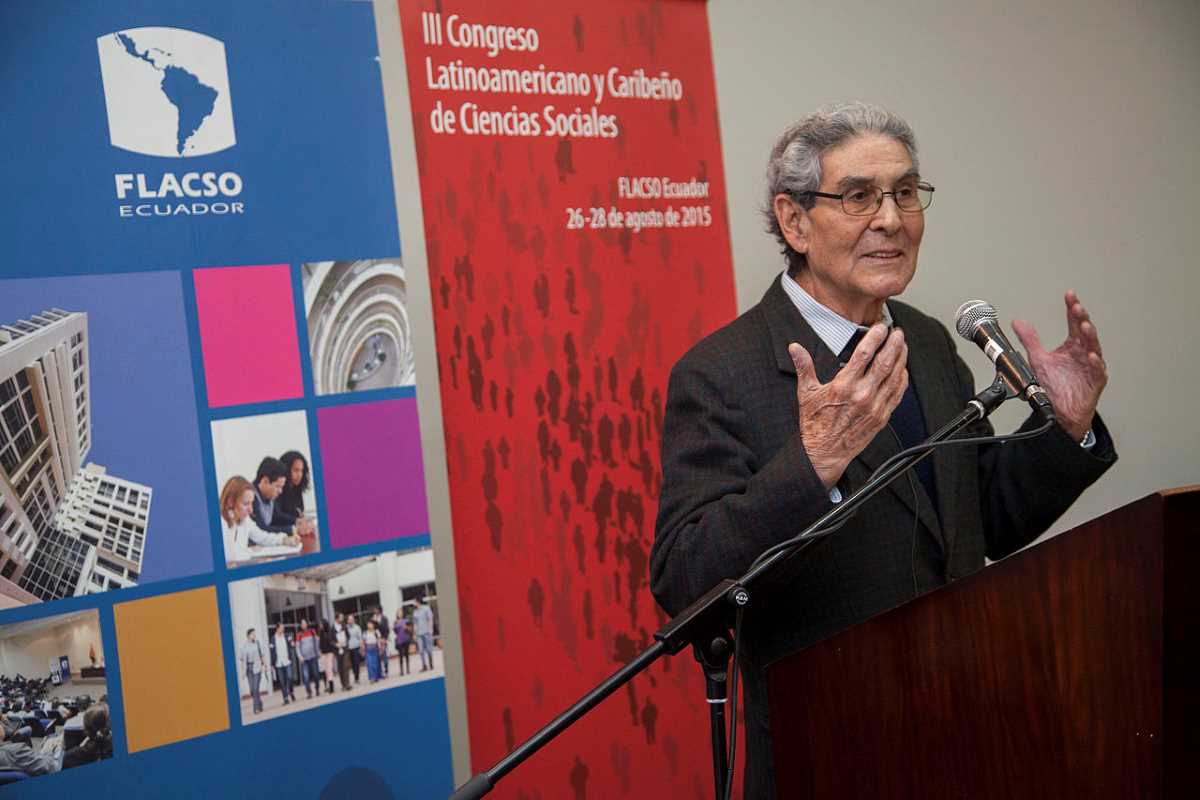Anibal Quijano's Critique and the Path to True Democracy
Aníbal Quijano challenges Eurocentrism in social sciences, advocating for democracy rooted in social reality. Criticizing Eurocentric visions, he emphasizes the interplay of social mechanisms and citizenship. Quijano highlights how the Eurocentric power pattern shaped global institutions.

Aníbal Quijano (1928-2018) was a Peruvian sociologist known for his significant contributions to the study of contemporary society. Born in Yanama, Peru, in 1928, he grew up in Yungay and later pursued his education at the Universidad Nacional Mayor de San Marcos in Lima.
Initially aspiring to become a doctor, Quijano shifted his focus to the Faculty of Letters, where he immersed himself in the study of history, ethnology, and anthropology. Although he also studied law, he chose not to practice as a lawyer, associating the field with the structures of power and society.
In his academic journey, Quijano extensively studied the works of Marx, Lenin, Trotsky, and other socialist and revolutionary thinkers. Diverging from classical Marxism, he critiqued the notion that socialist revolutions merely fought against a constituted bourgeoisie, emphasizing a more nuanced perspective.
During the 1950s, Quijano delved into research on slavery in Peru while simultaneously working as a high school teacher. His intellectual pursuits extended to a tribute to C. Wright Mills in 1962, titled “C. Wright Mills, Critical Conscience of a Mass Society.”




